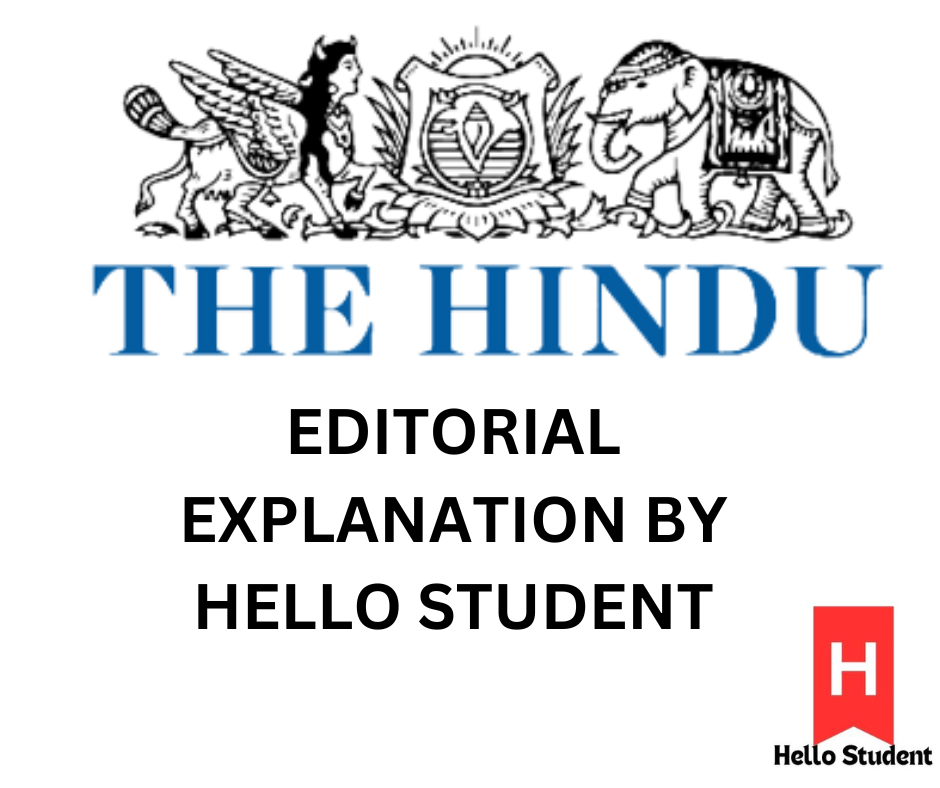This article is about a meeting in Thiruvananthapuram, where finance ministers from five opposition-led states discussed financial issues with the central government.
- Sharing Tax Revenue: Right now, 41% of the taxes collected by the central government go to the states. The ministers want this percentage to be raised to 50% because they believe the states need more money to fund their projects.
- Extra Charges (Cesses and Surcharges): When we buy things, we sometimes pay extra fees called cesses and surcharges, which the central government uses for specific projects. The states are asking to limit how much the central government can collect from these charges since this money isn’t shared with the states.
- States Losing Control Over Taxes: After the introduction of the GST, states lost some of their ability to collect taxes. Some states, like Karnataka, feel that this has reduced their financial independence, and they want more control over their tax policies.
- Not Enough Funding for Major Projects: Large projects, like the Bengaluru Suburban Rail, Kerala’s Vizhinjam Port, and Chennai Metro’s second phase, haven’t received enough money from the central government. States like Karnataka and Tamil Nadu, which contribute a lot to the economy, feel they aren’t getting their fair share of funding.
- Dealing with Natural Disasters: Many states don’t have enough money to handle natural disasters, like floods and landslides, which require extra funds. The current system doesn’t properly account for these unexpected expenses.
- Finance Commission’s Role: The Fifteenth Finance Commission decides how taxes are shared between states. They give more money to poorer states, which means economically stronger states like Gujarat, Karnataka, and Tamil Nadu receive less. However, these wealthier states still need money for development and climate-related issues.
- Call for Change: The article suggests that India’s tax-sharing system needs to be updated. States want more control over their finances and more freedom to handle their unique challenges, like economic growth and natural disasters. By giving states more say in how money is collected and spent, the country could operate more effectively.
In summary, the states are asking for a fairer system where they get more funds and greater control to manage their issues, as every state has different needs.
.
.
.
.
.
.
.join our telegram channel for regular updates of The Hindu Epaper Editorial Explanation-https://t.me/Thehindueditorialexplanation
The Hindu Epaper Editorial Explanation given by Hello Student is only a supplementary reading to the original article to make things easier for the students.
In conclusion, preparing for exams in India can be a daunting task, but with the right strategies and resources, success is within reach. Remember, consistent study habits, effective time management, and a positive mindset are key to overcoming any academic challenge. Utilize the tips and techniques shared in this post to enhance your preparation and boost your confidence. Stay focused, stay motivated, and don’t forget to take care of your well-being. With dedication and perseverance, you can achieve your academic goals and pave the way for a bright future. Good luck!
The Editorial Page of The Hindu is an essential reading for all the students aspiring for UPSC, SSC, PCS, Judiciary etc or any other competitive government exams.
This may also be useful for exams like CUET UG and CUET PG, GATE, GMAT, GRE AND CAT
To read this article in Hindi –https://bhaarat.hellostudent.co.in/

